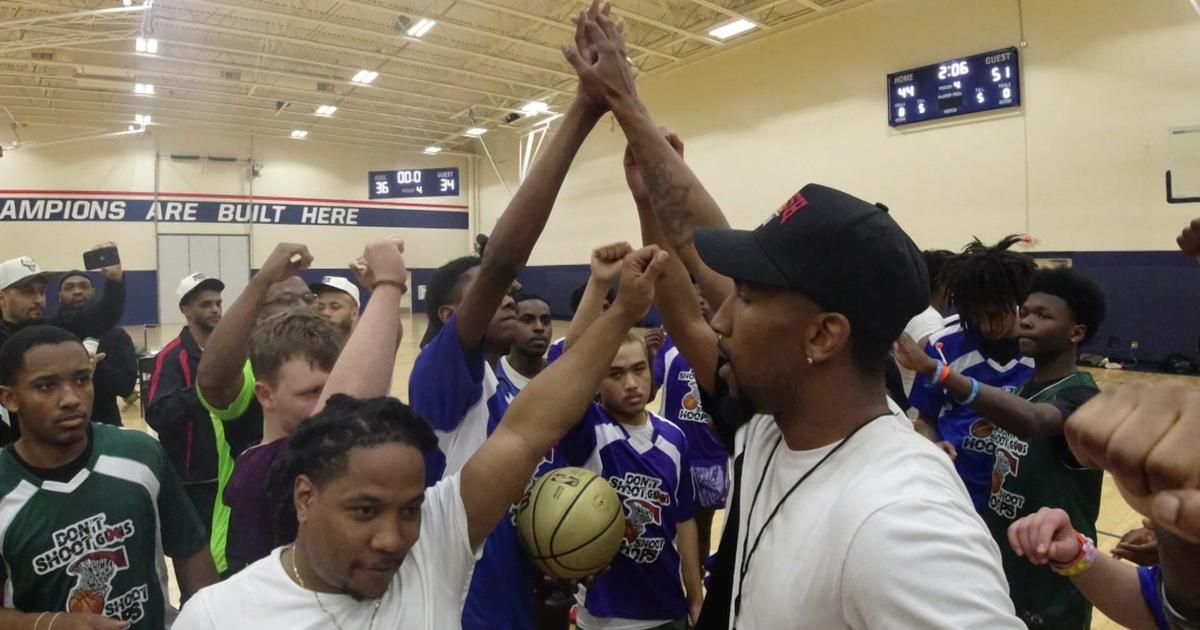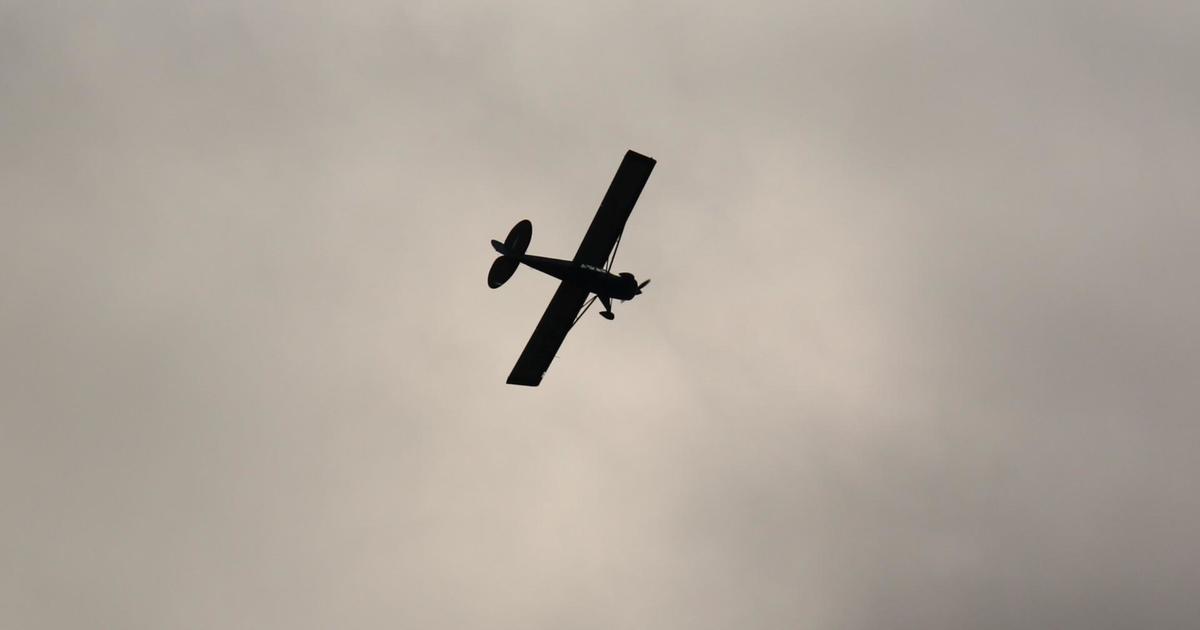Defense Probes Traveler Testimony In Somali Trial
MINNEAPOLIS (AP) — Defense attorneys for a Minnesota man accused of helping send fighters and money to a terror group in Somalia tried on Friday to raise doubt about a key government witness, noting he was an admitted al-Shabab recruit who agreed to testify in hopes of receiving a lower sentence.
Mahamud Said Omar, 46, is charged with five terror-related counts in a federal trial that is part of a broader investigation into recruiting by al-Shabab, a U.S.-designated terror group at the center of much of the violence in Somalia. Authorities say that since 2007, more than 20 young men have gone to the East African nation from Minnesota, home to the largest Somali population in the U.S.
At least six have died and others are presumed dead, according to relatives and the FBI.
Eighteen men have been charged in the case, but Omar is the first to go to trial. Testimony so far has revealed details about how the network of recruiters worked in Minneapolis, including who might have taken lead roles in recruiting, who had contacts in Somalia, how they arranged travel, and how they kept the plan a secret.
One traveler was Abdifatah Yusuf Isse. The 28-year-old testified Thursday and Friday that he left for Somalia on Dec. 8, 2007, and spent about two months with al-Shabab — clearing trees for a training camp and doing manual labor — before he left the group and eventually returned to the U.S.
On cross-examination Friday, defense attorney Andrew Birrell noted that Isse, who was arrested in Seattle in 2009, eventually pleaded guilty to the lesser of two terror-related counts to avoid a possible life prison term. That deal required that Isse provide "substantial assistance" to the government, including trial testimony. Isse was in jail for about 11 months but is now released pending sentencing.
Birrell cited a transcript of Isse's plea hearing, during which a federal judge told Isse that if the government decided he'd lied, "fooled around" or was a bad witness, "you are stuck." Any request for a more lenient sentence would come from prosecutors, not the judge.
"It depends on how you do today?" Birrell asked Isse.
"I don't know," Isse replied.
Assistant U.S. Attorney John Docherty pointed out that the judge has the final word on sentencing, not prosecutors, and that Isse began cooperating right after his arrest, not once a plea deal was reached.
Isse said he cooperated with investigators so he could "tell the truth," but later acknowledged it was also in hopes of getting a lighter sentence.
Birrell also highlighted earlier statements by Isse about other men whom he thought of as leaders in recruiting. In Isse's plea agreement, he noted, Isse named two men he said recruited him to go to Somalia to fight Ethiopians, who were seen by many Somalis in the U.S. as unwelcome invaders of their homeland.
Isse identified those men in court Friday. A man named Farhan, whom he met at Abubakar as-Saddique Islamic Center in Minneapolis, introduced him to the idea, he said. The second was Ahmed Ali Omar, who traveled with Isse to Somalia and is believed to still be overseas.
Isse said the men appealed to his religious beliefs and his sense of patriotism, and that he felt he was a victim who had been "brainwashed."
After attorneys finished questioning Isse, Chief U.S. District Judge Michael Davis asked him to explain why he felt like he was a victim.
"I met the wrong people and they basically took advantage of me by preaching to me," Isse said. He said he was told that if he waged a jihad against Ethiopians he would "go to paradise."
Prosecutors also called another Minnesota traveler as a witness. Salah Osman Ahmed, 29, a U.S. citizen who left for Somalia in December 2007, said he spent time at the mosque with Isse, and was approached to join the fight in Somalia.
"To be honest, I don't know what I was thinking," he said. He described Somalia as "crazy" and said when he got to Mogadishu and heard gunfire in the street, "We were scared to death."
Ahmed said he was shown a video of a man being beheaded in Somalia and was told, "This is what happens to guys who leave the group." He told prosecutor William Narus the "group" was al-Shabab.
Ahmed said his ticket for Somalia was paid for by another Minnesota man. He also talked about other men involved in recruiting and fundraising, and said one traveler had a connection to an uncle in Somalia who was helping coordinate travel.
Ahmed didn't say much about Omar, saying only that he knew him from the mosque.
In earlier testimony Friday, prosecutors played recordings of calls between Isse and Omar intercepted by the FBI in r 2008. Isse said that in some of the calls, he turned to Omar for advice on the best way to travel to Somalia. In another, Omar and Isse talked about an "uproar" in Minneapolis after a suicide bombing in Somalia that was carried out by a Minneapolis man.
Isse, who lived in Seattle at the time, talked about getting out of town and asked Omar to arrange the trip.
"The contacts and you know — the routes to take — all those things. Arrange it for me man, OK?" Isse said, according to a government transcript of the calls, which were translated from Somali to English.
"Man, anything can happen, OK?" Omar replies. Then he gives Isse a telephone number for a man in Somalia known as Uncle Barre; Isse had met him in Somalia after he traveled there in 2007.
Isse said the men also spoke in code. Asked why they used code Isse said: "At the time, everything was going crazy and we were scared not to get caught by the government."
(© Copyright 2012 The Associated Press. All Rights Reserved. This material may not be published, broadcast, rewritten or redistributed.)



